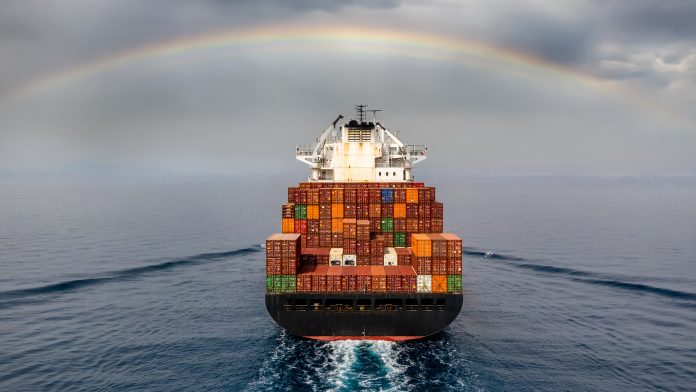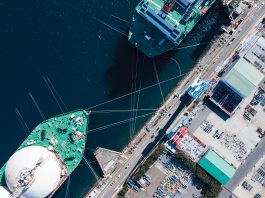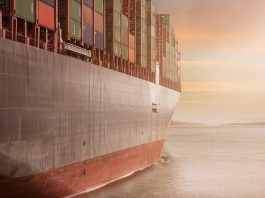ECSA’s Secretary General, Martin Dorsman, spoke to Innovation News Network‘s International Editor, Clifford Holt, about issues such as the digitalisation of the shipping sector – and the challenges of achieving the digital transition – and the impact of the European Green Deal.
The European Community Shipowners’ Associations (ECSA) is the voice of the European shipping sector. Founded in 1965 as Comité des Associations d’Armateurs des Communautés Européennes (CAACE)’, ECSA promotes the interests of 20 member associations of the EU, the UK, and Norway. The association strives for a regulatory environment that fosters the international competitiveness of European shipping.
According to ECSA: ‘Research and Development (R&D) and innovation are vital for the long-term sustainability and competitiveness of the EU shipping industry. Investing in R&D and innovation is investing in Europe’s future. Europe needs to act fast to lead the new wave of innovations and set the standard for global competition in shipping.’
ECSA’s Secretary General, Martin Dorsman, spoke to Innovation News Network‘s International Editor, Clifford Holt, about issues such as the digitalisation of the sector – and the challenges of achieving the digital transition – and the impact of the European Green Deal.
What are your thoughts, generally speaking, on how the European Green Deal stands to impact the shipping sector?
At the time of the publication, ECSA welcomed the Green Deal as it can support the ambitious environmental goals formulated by the European Commission. In terms of the shipping industry specifically, being a global industry and with the United Nations’ agency the International Maritime Organization (IMO) regulating the environmental performance of shipping, the challenge is to make sure that European regulations support the on-going work at the IMO to introduce new environmental regulations. ECSA is therefore in a continuous dialogue with the European regulators, contributing to the European policy process in a proactive and ambitious manner.
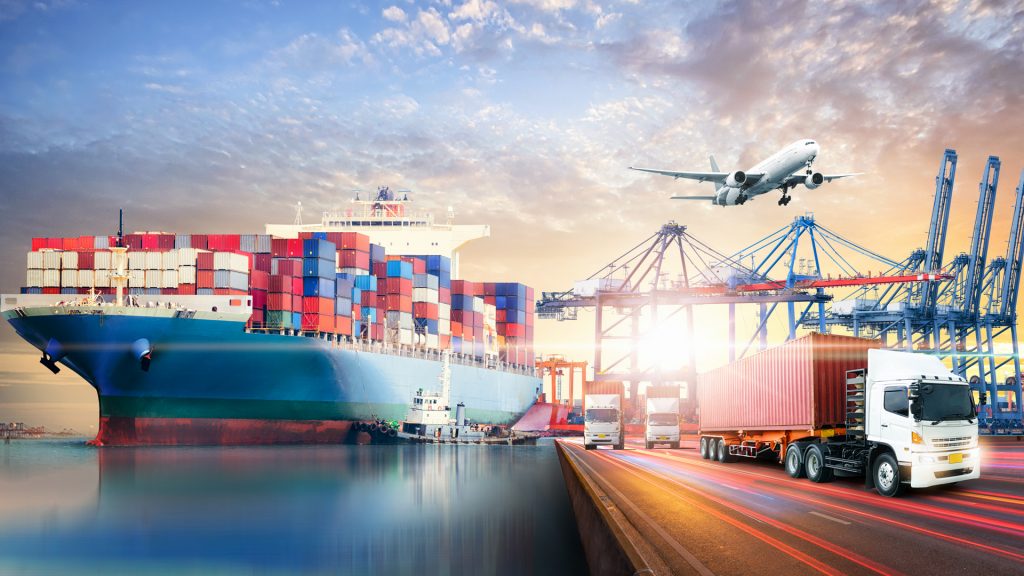
The fact that ships are part of a supply chain is something that is often overlooked during discussions around options to improve ships’ environmental performance
Do you feel that more incentives are needed for ships to improve ship performance?
The IMO and the EU are working on introducing new regulatory measures to further improve ship performance. A very important factor that is only now developing is the willingness on the part of cargo owners and shippers to pay a premium if their cargos are transported by ‘greener’ vessels. If this development continues and accelerates, shipowners would be greatly supported to invest in new technologies as the business case for ‘greener’ vessels improves.
According to the European Commission, ‘Digitalisation, new technologies and big data have the potential to change the way cargo and traffic flows are organised and managed, they generate business opportunities and pave the way for innovation, new services and business models.’ Do you believe that enough emphasis (or perhaps too much) is being placed on the digital transition? How can it be aligned with the priorities of the Green Deal? What challenges will there be in ensuring the flow of data through supply chains in order to reap the ‘added value’?
The fact that ships are part of a supply chain is something that is often overlooked during discussions around options to improve ships’ environmental performance. This performance is also influenced by the efficiency of supply chains, especially the efficiency of ports – including nautical services suppliers, terminal operators, other transport modes and authorities in relation to administrative requirements and enforcement activities.
Digitalisation can play an important role in increasing the efficiency of supply chains, for example by lowering the number of vessels that have to wait outside the port before being allowed to berth. The digital transition is therefore closely linked to the ambitions of the Green Deal as an important way to contribute to the Green Deal goals. Digitalisation can also bring important benefits to crews onboard vessels, many of whom have to perform repetitive and boring administrative tasks when ships are entering ports. Relieving crews of these tasks will increase job satisfaction and reduce the incentive to change profession.
To achieve the digital transition and to ensure the free-flow of data is easier said than done, however, as we have already experienced. Current business models, based on lack of data and/or transparency will become outdated, a change that might not be supported by all stakeholders involved. Topics like the reliability of data, data ownership and the right to update it, and commercial sensitivity, are all topics that will result in the process to create free-flowing data taking more time and considerable effort. Building trust amongst all the relevant stakeholders is the foundation that has to be created; without it, the necessary changes will not be successfully completed.
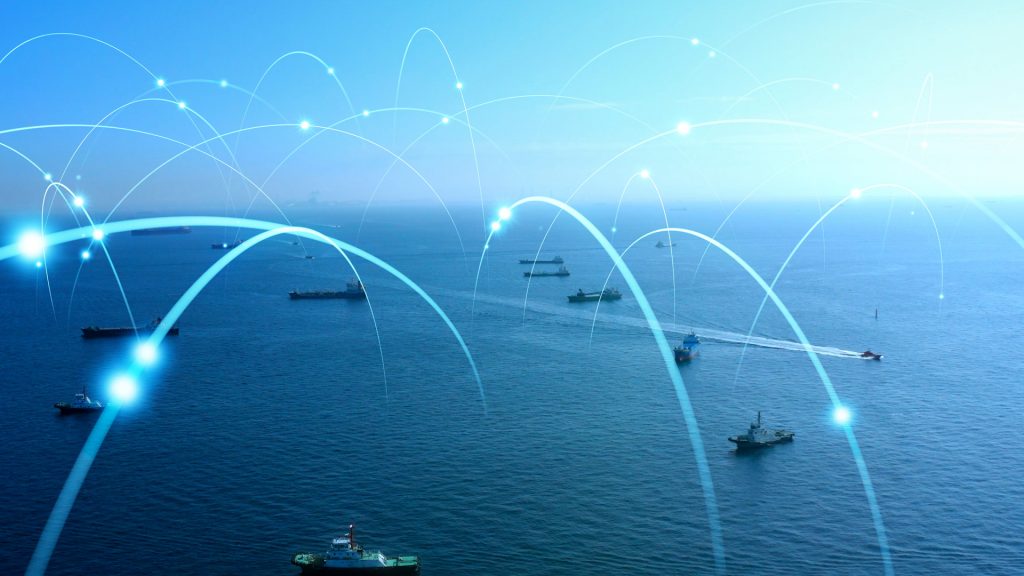
Digitalisation can play an important role in increasing the efficiency of supply chains, for example by lowering the number of vessels that have to wait outside the port before being allowed to berth
In light of the green and digital transitions, what are your hopes for the future of the sector, and what role will the European Community Shipowners’ Associations (ECSA) continue to play?
The goal of the shipping industry is to decarbonise as quickly as possible, with a strong preference for the International Maritime Organization to introduce regulatory measures to support the industry in this process. Any regional initiatives should support the IMO process and be aligned with the current and future IMO regulatory framework. Support from cargo owners and shippers, a development we are now beginning to experience despite it still being in an initial phase, would accelerate the process even more.
ECSA will continue to be a constructive, pro-active, and ambitious partner for the European regulators and other stakeholders.
Martin Dorsman
Secretary General
The European Community Shipowners’ Associations (ECSA)
+32 (0) 2 510 61 32
martin.dorsman@ecsa.eu
Tweet @EU_shipping
www.ecsa.eu
Please note, this article will also appear in the sixth edition of our quarterly publication.

